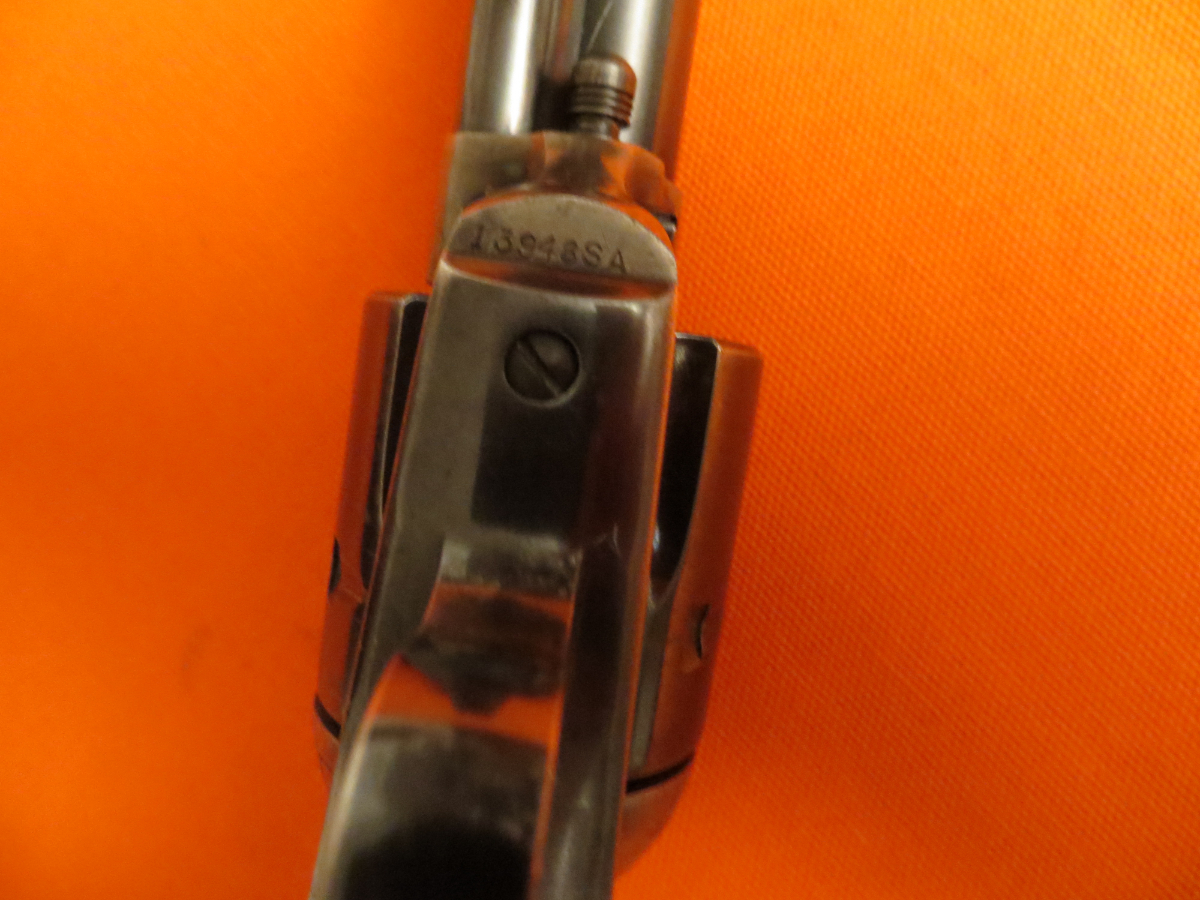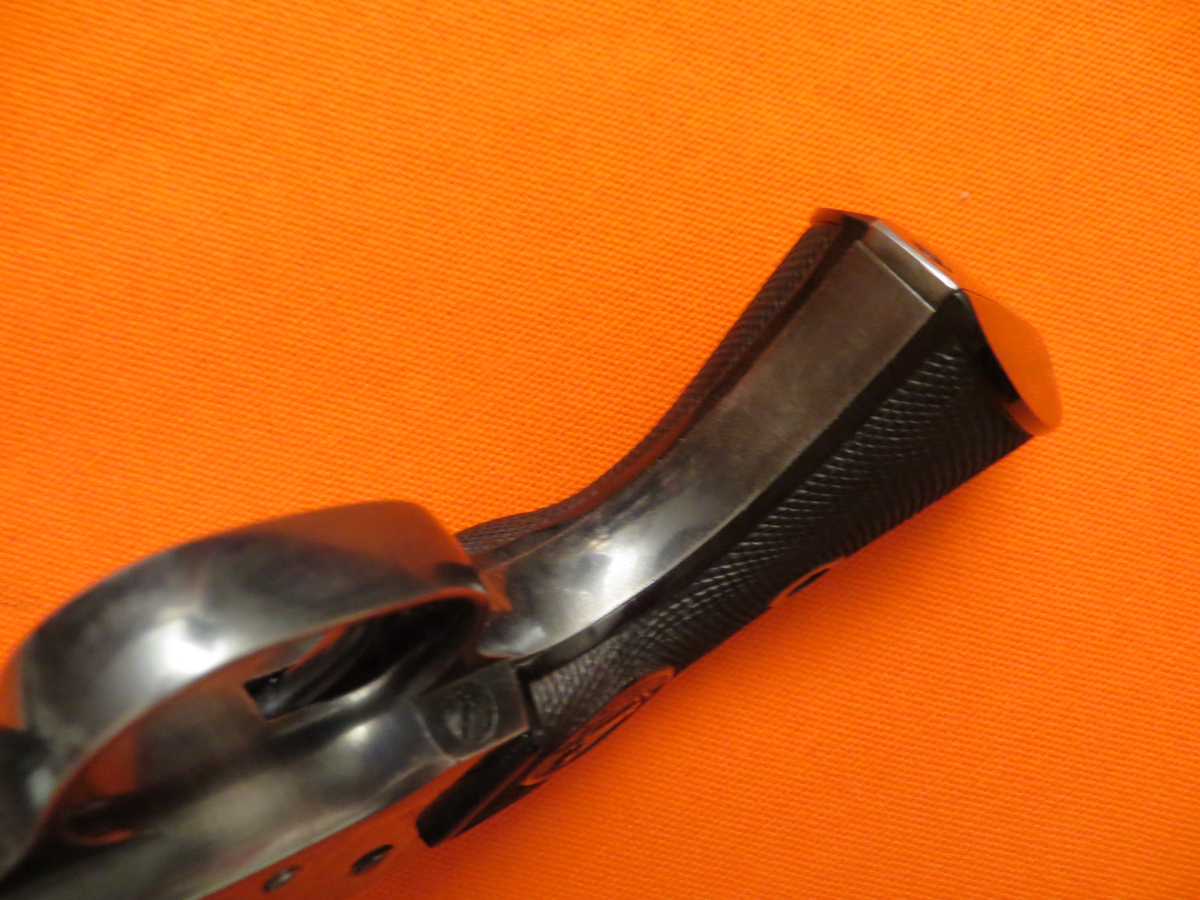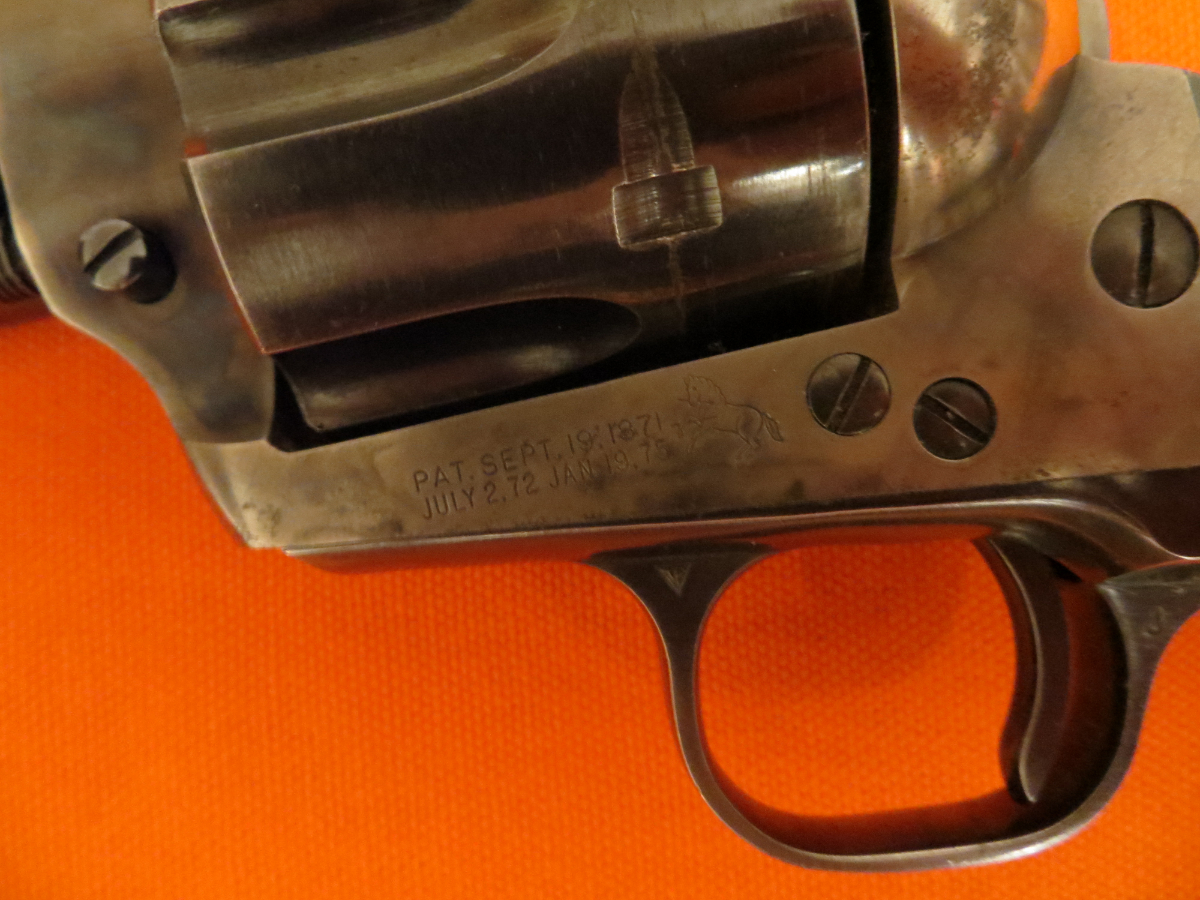Month: October 2021
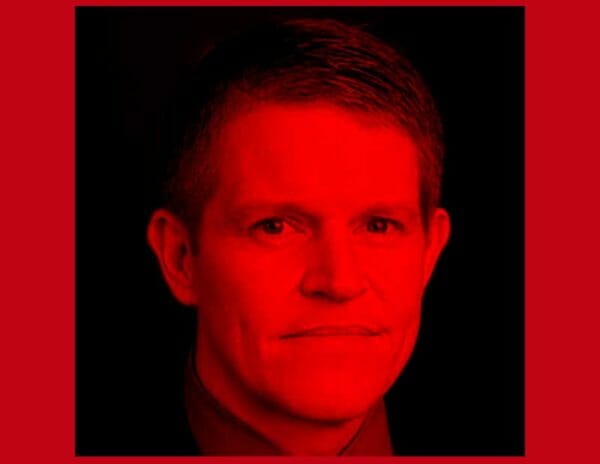
USA – -(AmmoLand.com)- During his confirmation process for ATF director, David Chipman said very little publicly – even turning his Twitter account to private. Now that the White House has withdrawn his nomination, Chipman can’t seem to shut up, and he’s got nothing good to say about Biden’s team, who he claims left him hanging out to dry.
In a recent interview with The New York Times, Chipman said he felt abandoned by the administration and on “an island” when pro-gun groups began attacking him. No one from the White House, he claimed, even bothered to call.
“Either this was impossible to win, or the strategy failed,” Chipman told the newspaper, adding, “This was a failure.” Later in the interview, Chipman described nominating someone like him – a lifelong anti-gun activist – as a “gangster move” by White House staff.
Once his nomination fizzled, Chipman found it “unusual” that no one from Biden’s team offered any options.
“In the back of my mind, I always thought that there would be a Plan B, but so far there hasn’t been,” Chipman told The New York Times.
In the interview, Chipman confirmed he has returned to work at Giffords – which we revealed in a story published Monday. The story also showed how Giffords are using Chipman as a fundraising tool.
Chipman is Delusional
Many pro-gun groups contributed to Chipman’s demise, including the National Shooting Sports Foundation but, ultimately, his nomination was killed by hundreds of thousands of American gun owners who contacted their senators and told them to reject Biden’s pick.
Still, Chipman remains fixated on the NSSF and its senior vice-president for government and public affairs, assistant secretary, and general counsel, Larry Keane.
“Larry Keane put up a photo of me that he knew was false, trying to get me killed,” told the newspaper.
The photo purportedly showed Chipman posing on the burnt remains of the Branch Davidian compound after the bloody siege in Waco, Texas. Once NSSF and dozens of other websites discovered the agent in the photo was not Chipman, the photo was taken down. Keane told the Times Chipman’s death threat allegations were “categorically false.”
Personally, I believe the allegation that Keane, the NSSF, or anyone else tried to get him killed is evidence that Chipman is in dire need of serious psychological help.
Chipman is Gangster???..No
To be clear, nominating a paid anti-gun activist to oversee the lone federal agency tasked with regulating the firearms industry was not gangster. It was stupid and meant to send a message.
Chipman’s nomination – likely the brainchild of Susan Rice– was intended as an insult to American gun owners, and that is exactly how it was received. Of course we responded forcefully – what did the White House expect? This is our lifestyle they have chosen to attack.
The Chipman saga reminds me of when I was a young boy on my uncle’s farm and accidentally touched an electric fence. I got zapped and learned never to do that again. By nominating Chipman, the Biden-Harris administration touched the fence and got zapped hard. Unfortunately, I doubt they learned a lesson. If they continue to target gun owners, they’re destined to get zapped again and again.
This story is presented by the Second Amendment Foundation’s Investigative Journalism Project and wouldn’t be possible without you. Please click here to make a tax-deductible donation to support more pro-gun stories like this.
About Lee Williams
Lee Williams, who is also known as “The Gun Writer,” is the chief editor of the Second Amendment Foundation’s Investigative Journalism Project. Until recently, he was also an editor for a daily newspaper in Florida. Before becoming an editor, Lee was an investigative reporter at newspapers in three states and a U.S. Territory. Before becoming a journalist, he worked as a police officer. Before becoming a cop, Lee served in the Army. He’s earned more than a dozen national journalism awards as a reporter, and three medals of valor as a cop. Lee is an avid tactical shooter.
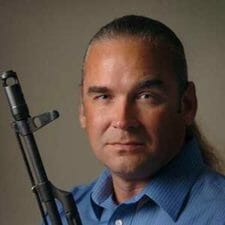
Married couple Jeni Pearsons and Michael Store aren’t wealthy.
Pearsons works at a nonprofit theater in Los Angeles , and Store is a transportation coordinator in the film industry. The couple has been saving for retirement for years, buying silver here and there when they could afford it. To keep their property safe, they rented a safe deposit box at U.S. Private Vaults.
They thought everything was above board until news broke earlier this year about a raid at the Beverly Hills business.
The government alleged that the company conspired with customers to sell drugs, launder money, and stash ill-gotten goods.
LA COUNTY ABUSES ASSET FORFEITURE, SEIZING MASSIVE AMOUNTS OF MONEY WITHOUT DUE PROCESS
Armed with a warrant, FBI and Drug Enforcement Administration agents spent five days ripping several hundred safety deposit boxes out of the walls and laying claim to its contents.
Prosecutors argued they were within their rights and that the boxes contained weapons and drugs. They also took jewelry, precious metals, and stacks of money to an undisclosed warehouse. Their final haul was worth around $86 million.
The problem is that federal authorities took the items from people who hadn’t been accused of a crime, including Pearsons and Store.
They’ve been able to keep it because of the country’s vague standards of civil forfeiture law, which allows the government to seize property and assets without any actual evidence of criminal wrongdoing.
During the raid, the authorities also seized Joseph Ruiz’s life savings.
The unemployed chef, who had a side job selling bongs made from liquor bottles, had stored $57,000 in his safety deposit box.
Prosecutors argued that he couldn’t possibly make enough money to have that much saved up and accused him of being an unlicensed marijuana dealer.
He went to court to get his money back and won. The government dropped its case against him after he was able to provide documents that showed the source of his money was legitimate.
“It was a complete violation of my privacy,” Ruiz told the Los Angeles Times. “They tried to discredit my character.”
Ruiz is one of 800 people whose money and property were taken in the March 22 raid. Six months later, the U.S. attorney’s office in Los Angeles hasn’t been able to prove criminal wrongdoing by the majority of box holders whose belongings the government is actively trying to keep.
Like Ruiz, 65 others have filed court documents claiming the government grab was unconstitutional.
CIVIL ASSET FORFEITURE CRIES OUT FOR REFORM
An investigation by the Los Angeles Times shows that the government’s reasons for taking money and property against numerous others were just as flimsy as it was in Ruiz’s case.
Agents claim drug-sniffing dogs alerted them to the scent of narcotics on the seized cash, but multiple analyses of drug-dog alerts have consistently shown high error rates, some hitting past the 50% mark.
“In effect, some of these K-9 units are worse than a coin flip,” Washington Post columnist Radley Balko said in a post about the accuracy of canine searches. He added that “while dogs are indeed capable of sniffing out illicit drugs, we’ve bred into them another overriding train: the desire to please. Even drug dogs with conscientious handlers will read their handlers’ unintentional body language and alert accordingly.”
Federal authorities have also pointed to the use of rubber bands to keep stacks of cash together, as well as other normal ways of storing currency, as tell-tale signs of money laundering and drug trafficking from the U.S. Private Vaults box holders.
The government also said in court documents that it deposited all the seized money in a bank, which experts say would make it impossible to test which drugs may have come in contact with which bills.
And even though U.S. Private Vaults was indicted in February on charges of conspiring with unnamed customers to sell drugs and launder money, no one has been charged.
The criminal case against them hasn’t moved forward, and the U.S. attorney’s office in Los Angeles isn’t saying why, the Los Angeles Times reported.
CLICK HERE FOR MORE FROM THE WASHINGTON EXAMINER
Unfortunately for many of the box holders, in civil forfeiture cases, a person is often guilty until proven innocent. No criminal conviction is required, and the government only has to show that it’s more likely than not that the money or property taken was linked to illegal activity.
Civil forfeiture was initially one way to cripple large-scale criminal enterprises by taking their assets. However, the practice has been widely abused, with victims forced to give up their homes and property and then spent small fortunes trying to get them back.
“Today, aided by deeply flawed federal and state laws, many police departments use forfeiture to benefit their bottom lines, making seizures motivated by profit rather than crime-fighting,” the American Civil Liberties Union said. “For people whose property has been seized through civil asset forfeiture, legally regaining such property is notoriously difficult and expensive, with costs sometimes exceeding the value of the property.”
For Pearsons and Store, the government’s seizure of their silver is unacceptable, and they have decided to fight back.
They, along with six others, have teamed up with the Institute for Justice for a class-action lawsuit challenging the government’s raid as an illegal search.
“The government’s theory is that having cash makes you a presumptive criminal, and I think every American should be worried about that,” IJ senior attorney Rob Johnson said.
HEYM "Express" 404 Jeffery

Have a Happy 1st ! N.S.F.W.
![]()






